If you like baking, you may be very familiar with butter extract. Commonly used to add a rich buttery taste to recipes, butter extract is a staple in every baker’s pantry. The main component in butter extract is water, so this goes without saying that it contains less fat than real butter.
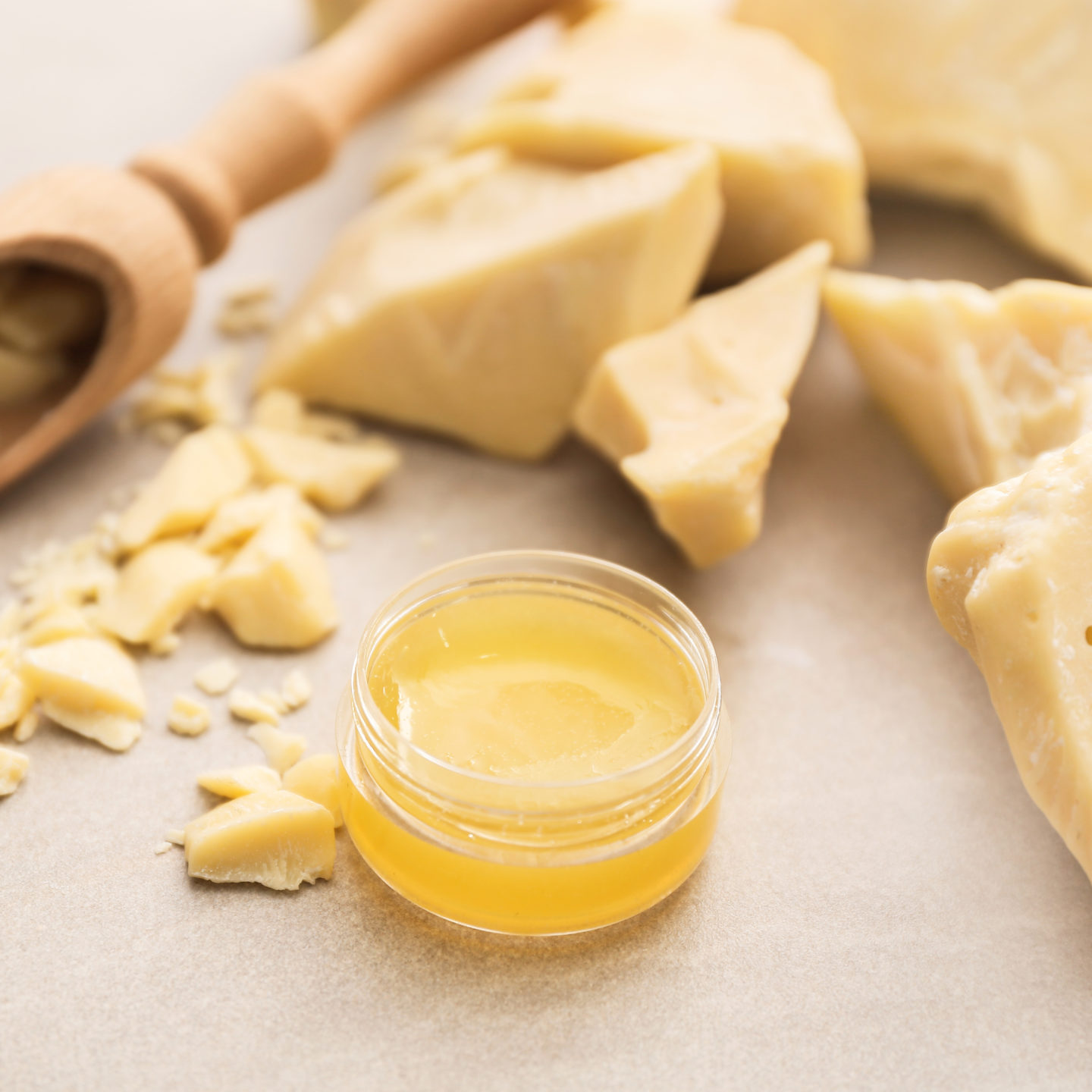
If you run out of butter extract and need a substitute, you can make butter extract at home if you have time. Or, you can also just use regular butter. Other great replacements are vegan butter, butter flavoring, canola oil, olive oil, cashew butter, almond butter, applesauce, greek yogurt, ghee, almond extract, vanilla extract, and sunflower oil. Keep on reading to know which substitute works best for you.
Table of Contents
Best Butter Extract Substitute
1) Butter
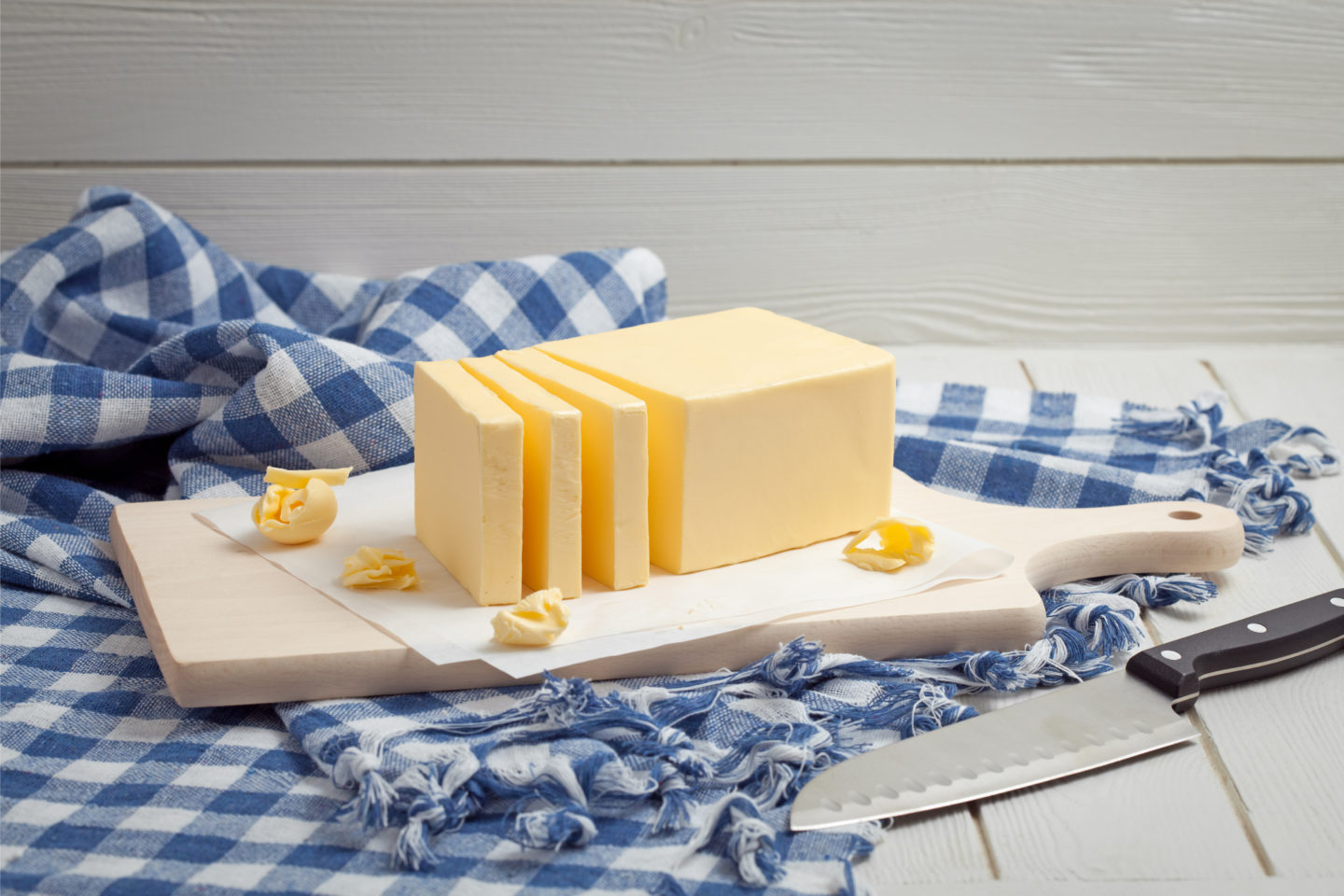
Since butter extract is meant to mimic the rich butter flavor, the best substitute in its absence is real butter. Using real butter will provide the butter flavor, tenderness, and richness. Since butter is rich in fat, you can expect a chewier texture in cookies and a softer cake.
However, note that butter contains 81% fat. This is an excellent substitute for those following the keto diet but may not be the best for those on a vegan diet or low-fat diet. A stick of butter is enough to replace two tablespoons of butter extract. You can also use melted butter, depending on what the recipe requires.
We recommend using unsalted butter if you’re making cakes and other recipes with light flavors. Salted butter will add a rich balance to sweeten baked goods.
2) Homemade Butter Extract
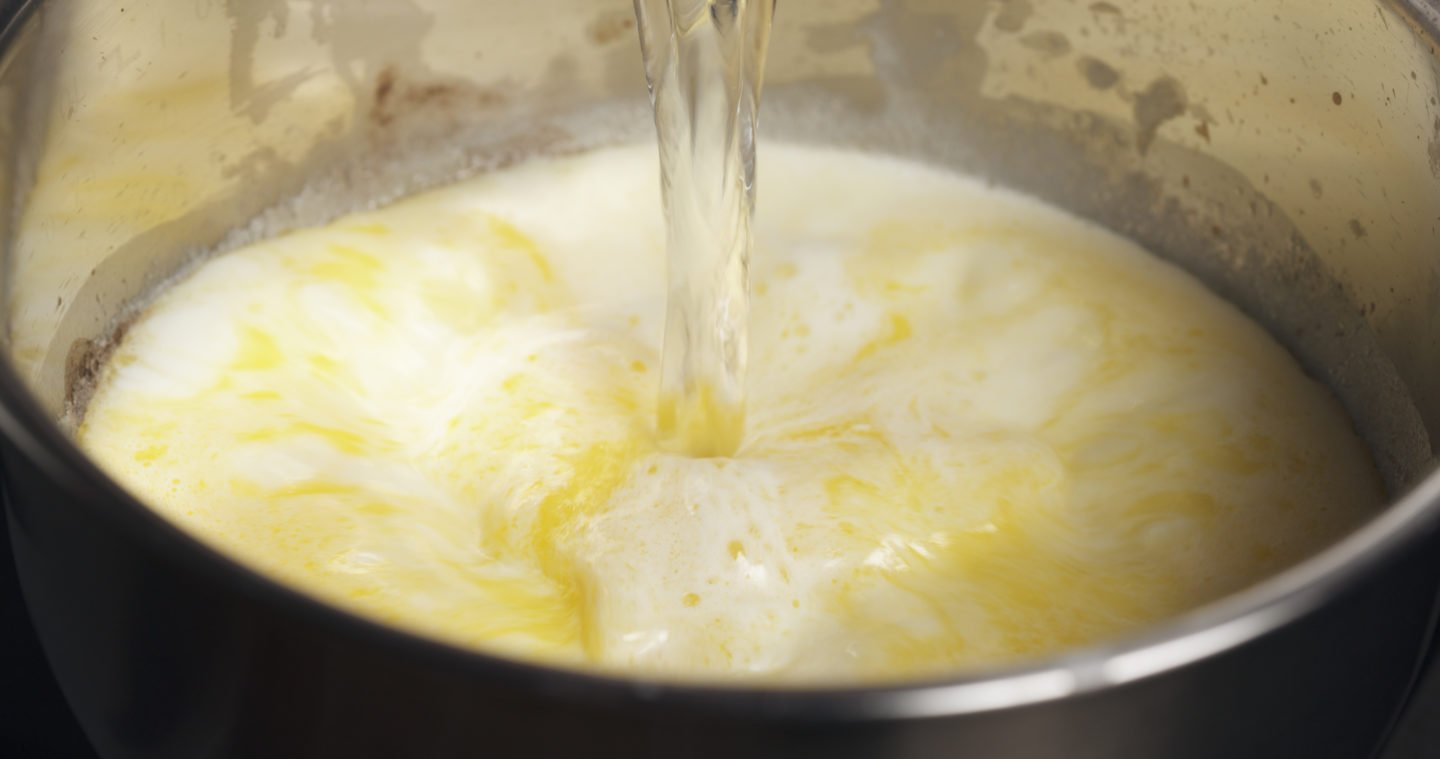
You can make your butter extract at home if you have the time. If you’re lactose intolerant or just want to count every calorie in your diet, we recommend homemade butter extract. All you need is 1 cup of unsalted butter and 1 cup of water to create a flavored extract.
In a pan, just place the unsalted butter together with the water. Start heating the pan until the mixture boils. To ensure the proper incorporation of the butter, stir continuously until the butter fully dissolves. Turn the heat off once the mixture boils and let the mixture cool. You can easily scrape the fat part out using a spatula and transfer the extract to a clean jar.
To use as a substitute, replace every tablespoon of commercial butter extract with one and a half tablespoons of homemade butter extract.
3) Vegan Butter
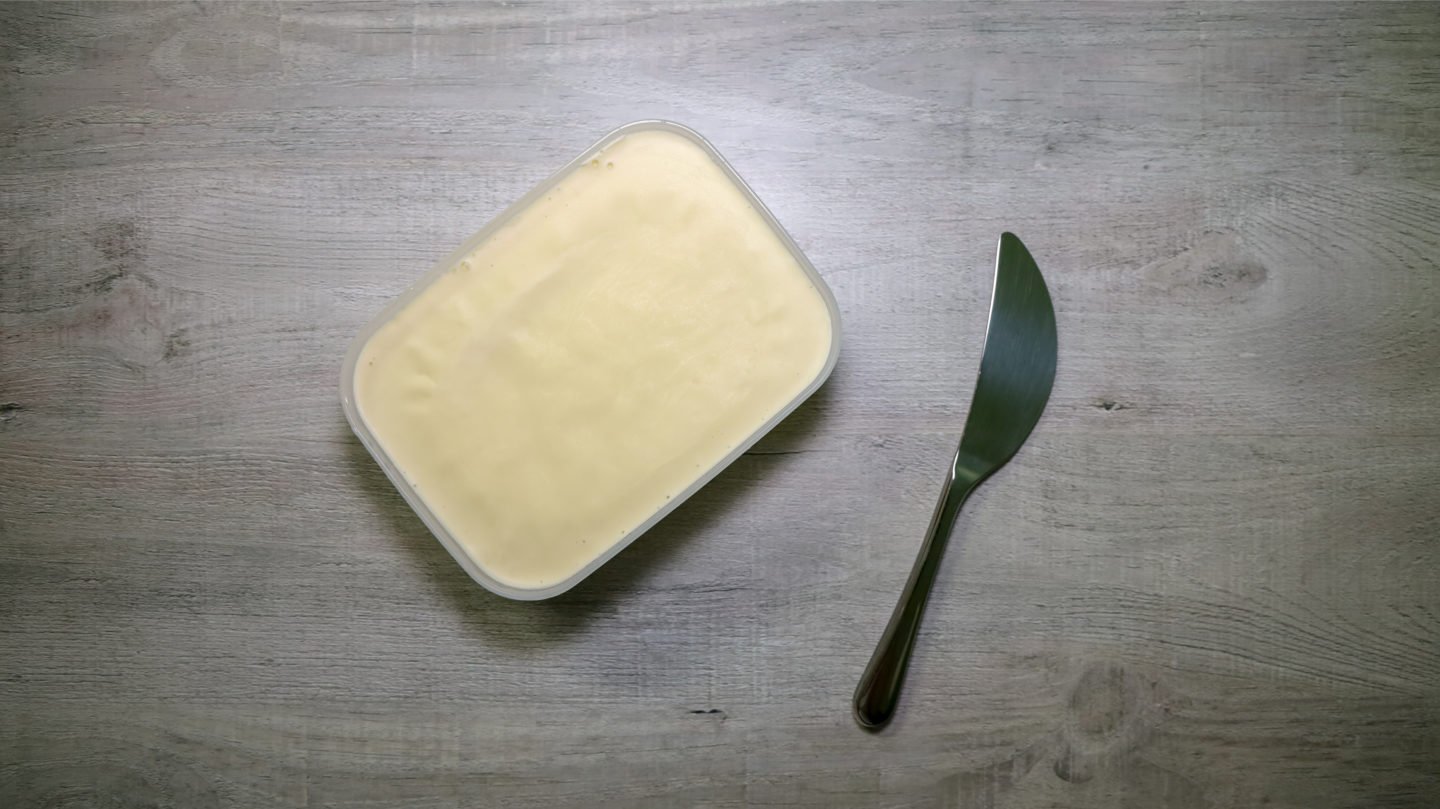
Unlike real butter made from animal milk, vegan butter is made from plant-based milk but still offers that buttery texture and taste, minus the fat content. You can also make vegan butter at home using water and plant-derived oil such as avocado oil, olive oil, coconut oil, or a combination of those. You can use any milk as a base, including almond milk, oat milk, soy milk, or hazelnut milk.
Once you have your vegan butter, use one tablespoon to replace half a tablespoon of butter extract. This means you have to use twice the amount of butter extract required. You can use this to substitute butter extract in every recipe.
4) Butter Flavoring
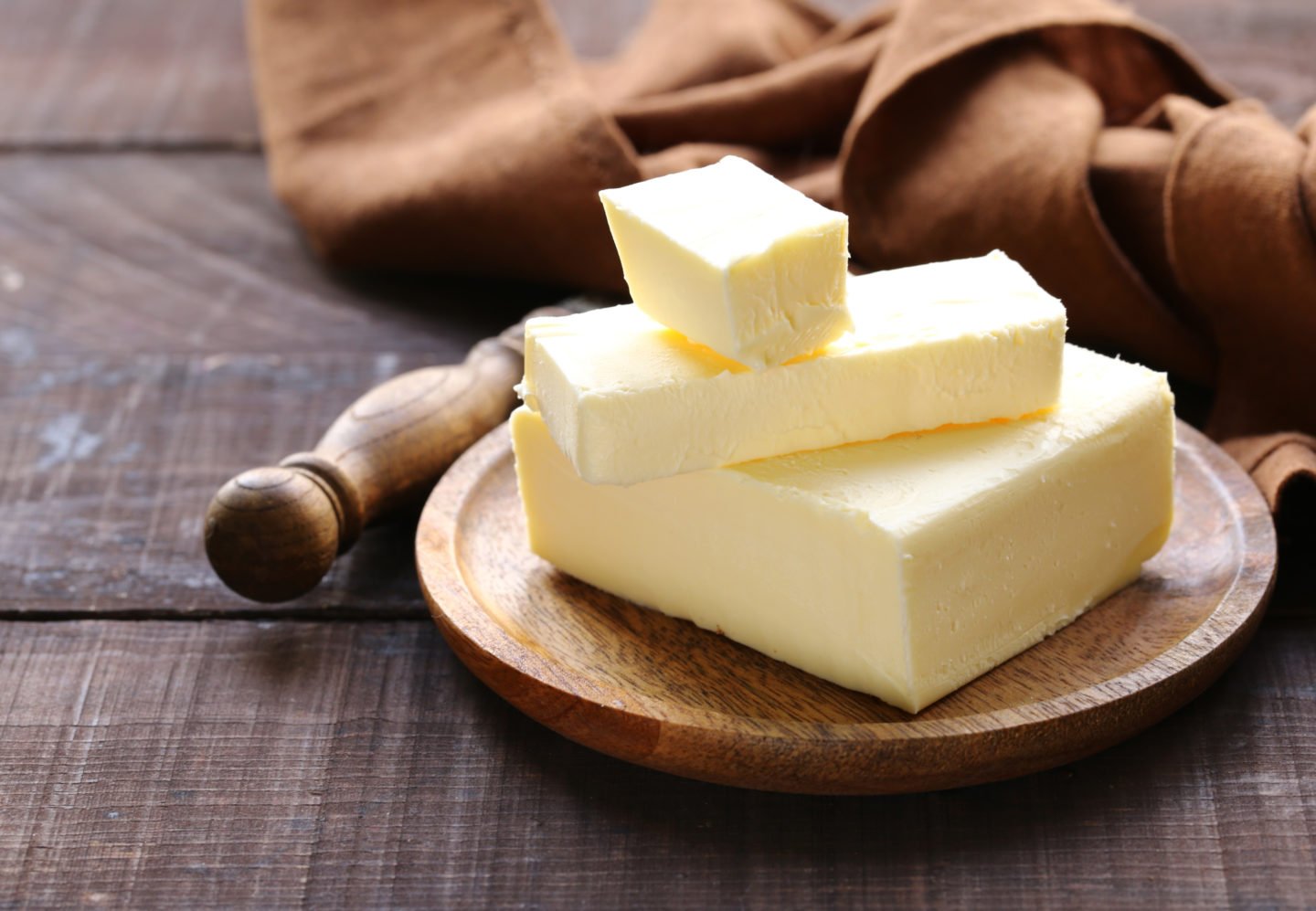
Unlike butter extract, butter flavoring isolates compounds such as diacetyl that provide a buttery flavor and mixes it with water. Butter flavoring is low in fat like butter extract and provides the same rich taste as butter. Although often used as a flavoring to popcorns, you can use this as a substitute for butter extract in any baking recipe.
To use as a butter extract substitute, replace every tablespoon of butter extract with one tablespoon of butter flavoring. Butter flavoring is also marketed as imitation butter flavor; you can use whichever is available.
5) Vanilla Extract
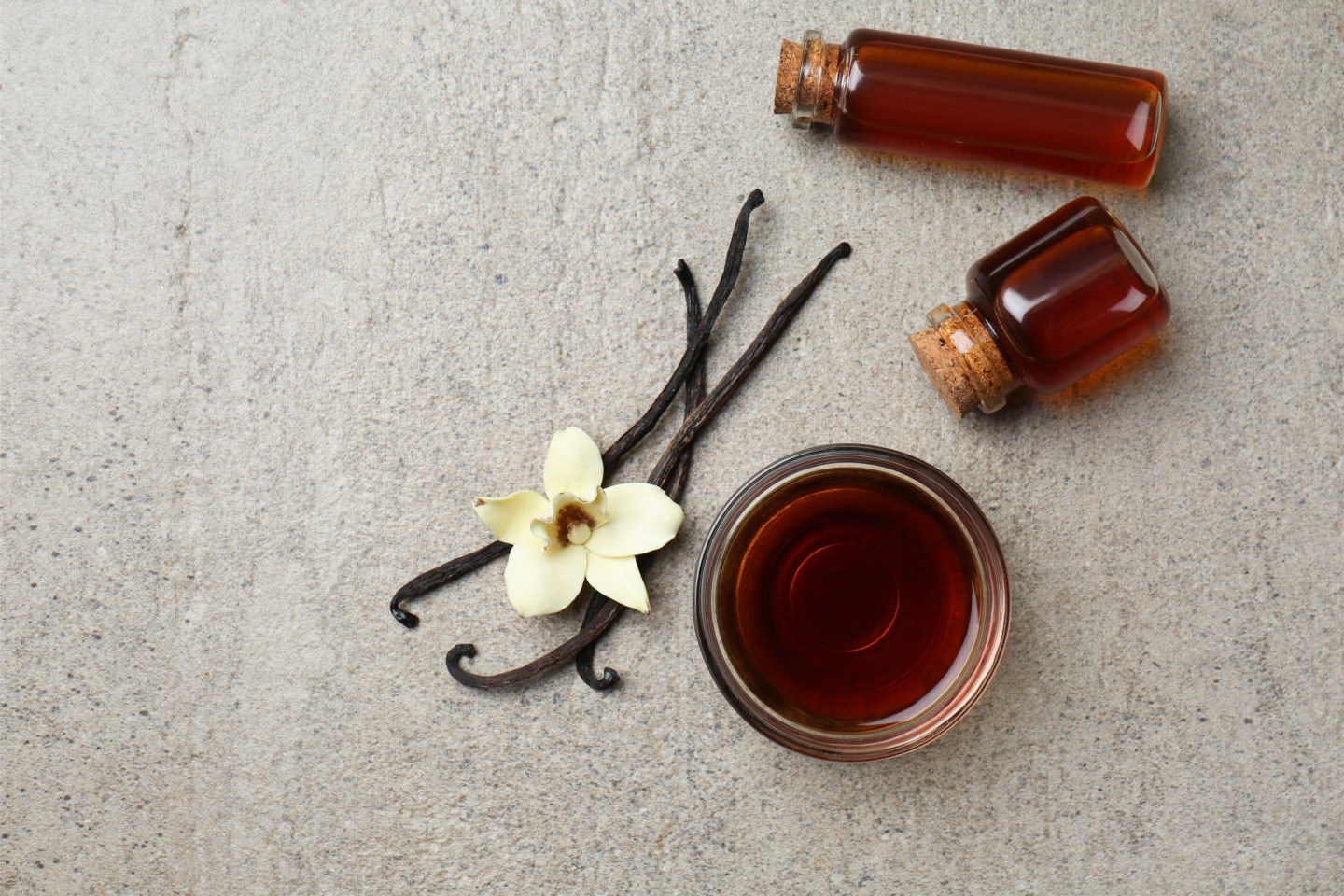
If you love to bake, you're undoubtedly already familiar with pure vanilla extract, which flavors baked products and custards. Pure vanilla extract is an easy substitute if a recipe asks for butter extract. People mostly confuse butter extract with vanilla extract as butter extract often has a slight vanilla flavor, and both can be used interchangeably.
However, when used as a butter extract substitute, we recommend only using a little as vanilla extract is more potent. For every tablespoon of butter extract required, only use ½ teaspoon of pure vanilla extract and add as needed. You can also use imitation vanilla extract in the same manner.
6) Olive Oil
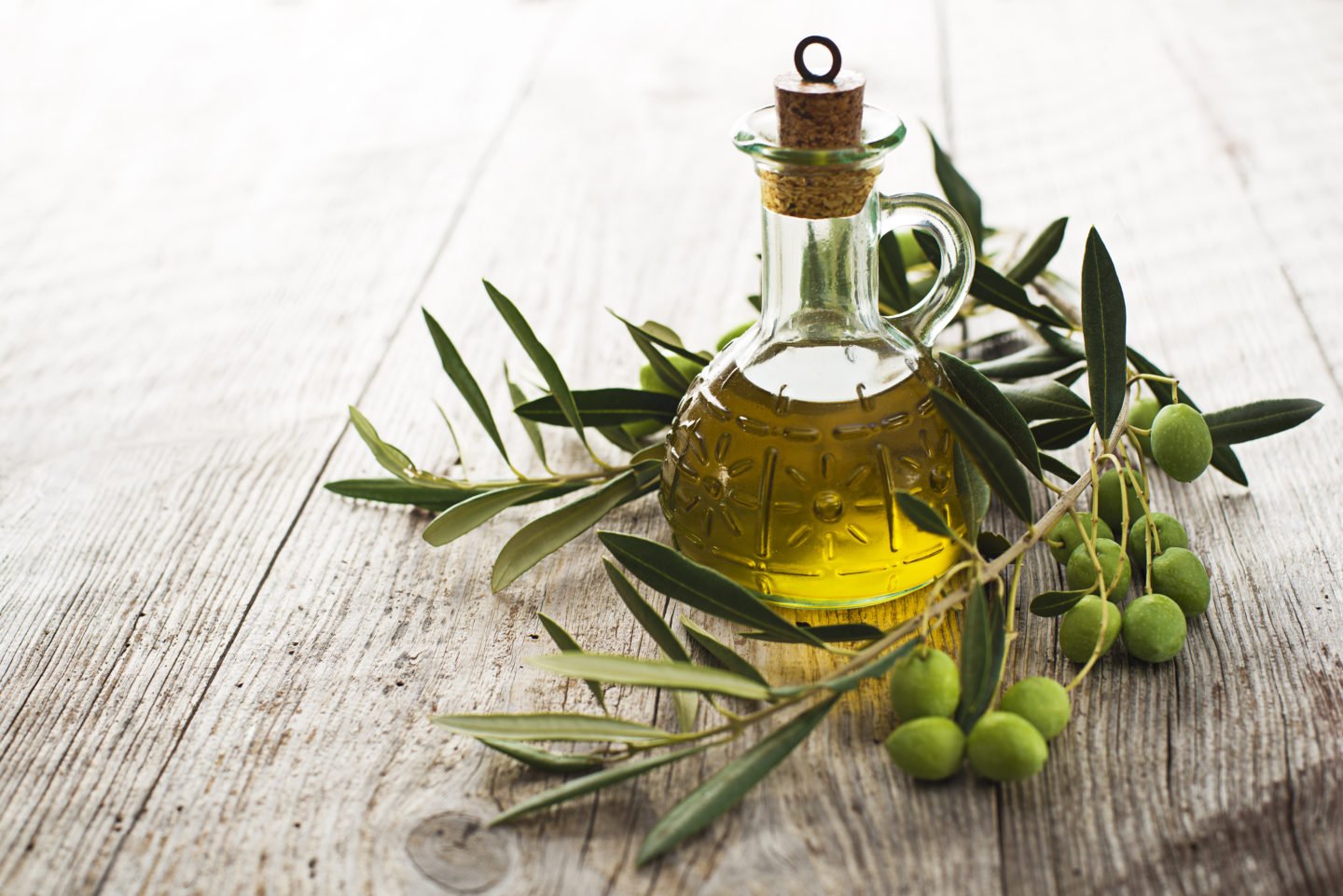
When it comes to flavors, olive oil may not be as potent as butter extract or vanilla extract, but it does offer the same richness and creaminess to desserts, making it one of the most common oil-based butter extract substitutes. In fact, olive oil is often used as a butter substitute in healthy and vegan baked goods.
When used as a substitute for butter extract, we recommend using a 1:1 ratio. Since olive oil is a highly versatile oil, you can use this for cakes, pastries, ice cream, and buttercream frostings.
7) Almond Butter
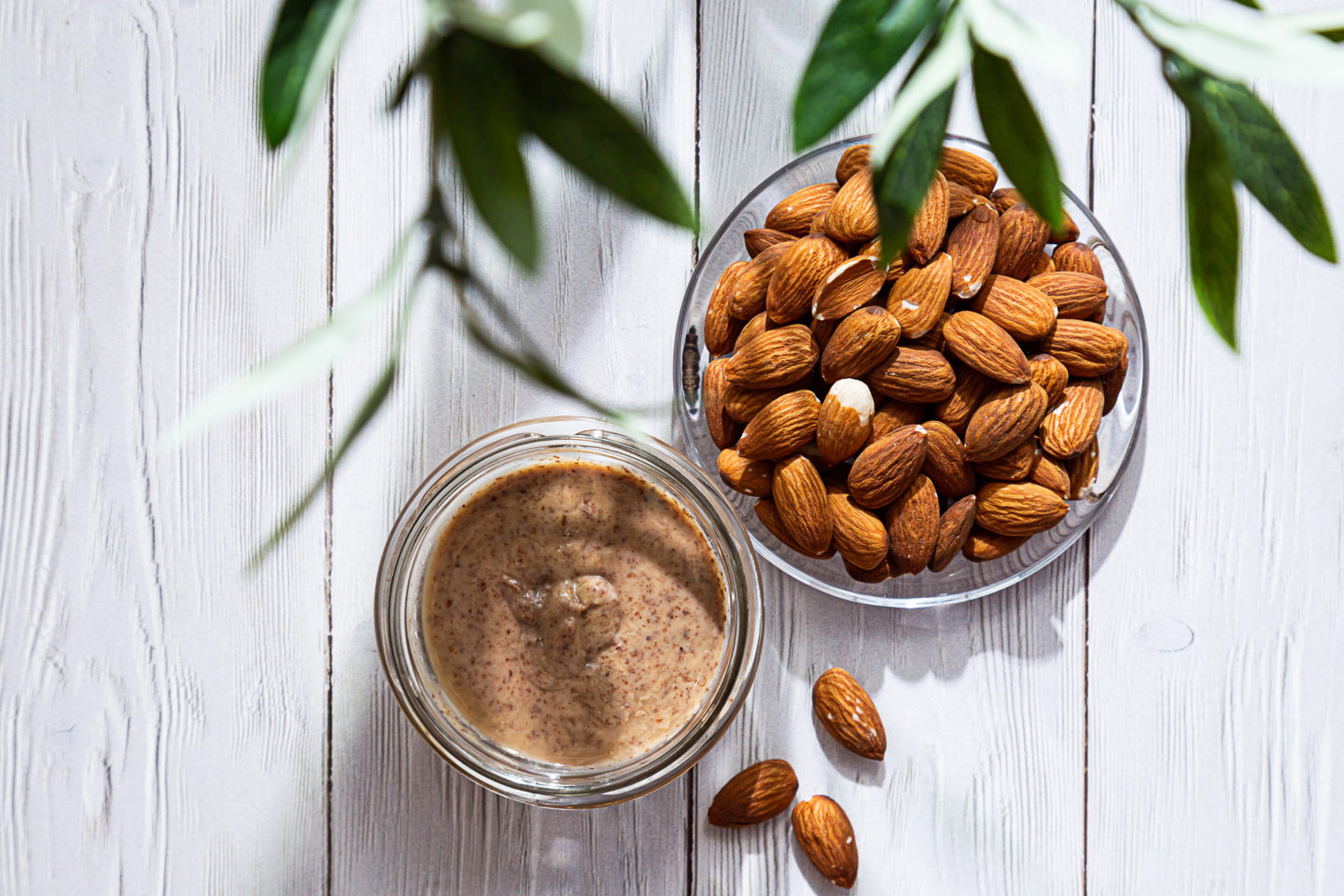
If you like almonds and want to use them in sweets, almond butter is a great option. You won't need any other ingredients to enhance the flavors, as almond butter provides that rich nuttiness that goes well with every baking recipe.
When used as a substitute, you can start by replacing each tablespoon of butter extract with a tablespoon of almond butter. However, if you enjoy almonds, you can add more as desired. Almond butter is great for cookies, cakes, cupcakes, syrup, ice cream, and buttercream frostings, giving them a nice hint of nuttiness.
8) Cashew Butter
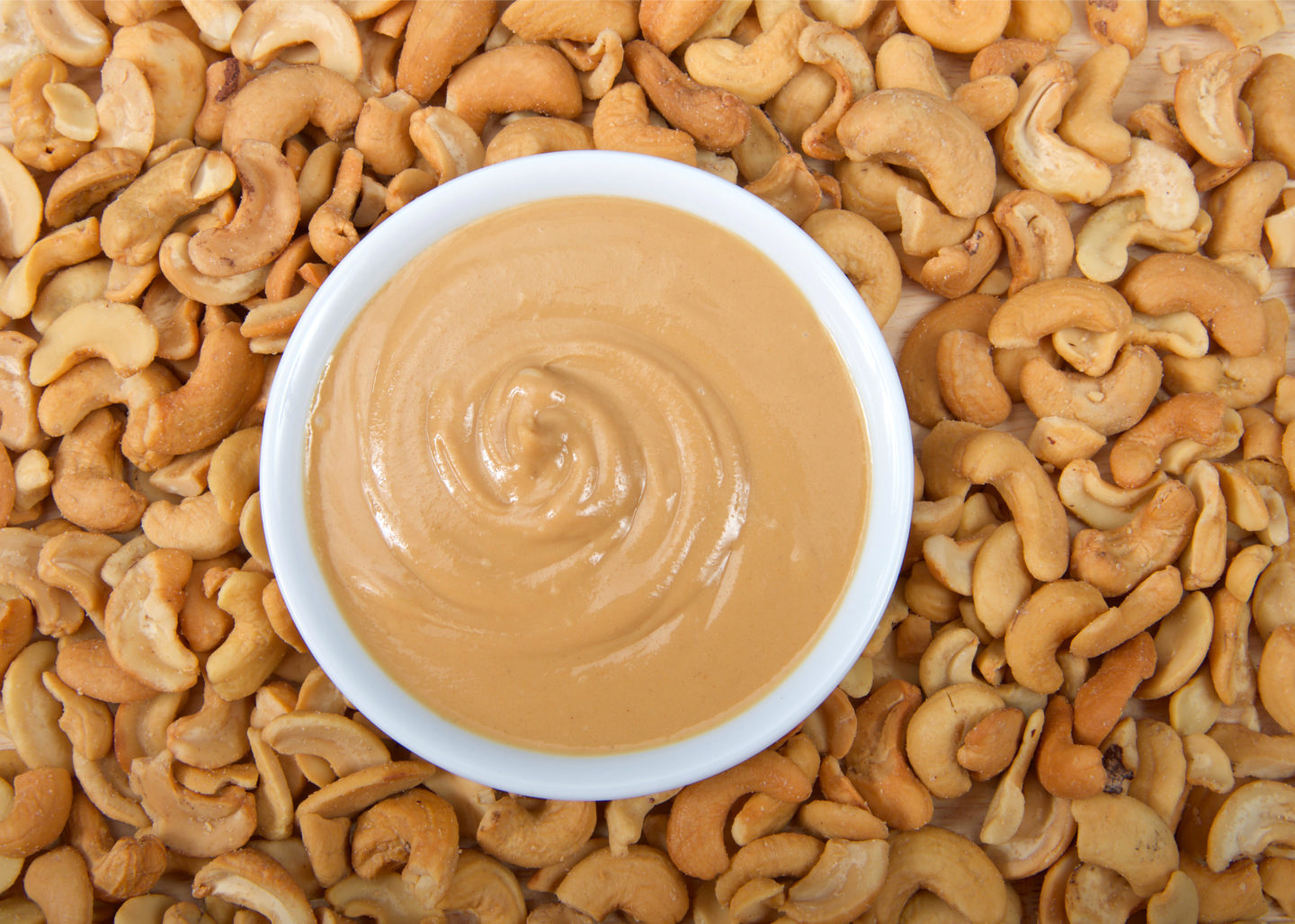
Like almond butter, cashew butter is a light-flavored butter that’s an excellent substitute for butter extract. Cashew butter provides a creamier butter flavor than almond butter, with a mildly sweet, nutty taste. Cashew butter is for you if you want a protein-rich alternative with a neutral butter flavor.
When used as a substitute, replace each tablespoon of butter extract with one tablespoon of cashew butter. Due to its neutral taste, cashew butter is excellent for any baked goods, desserts, syrups, and even ice cream.
9) Apple Sauce
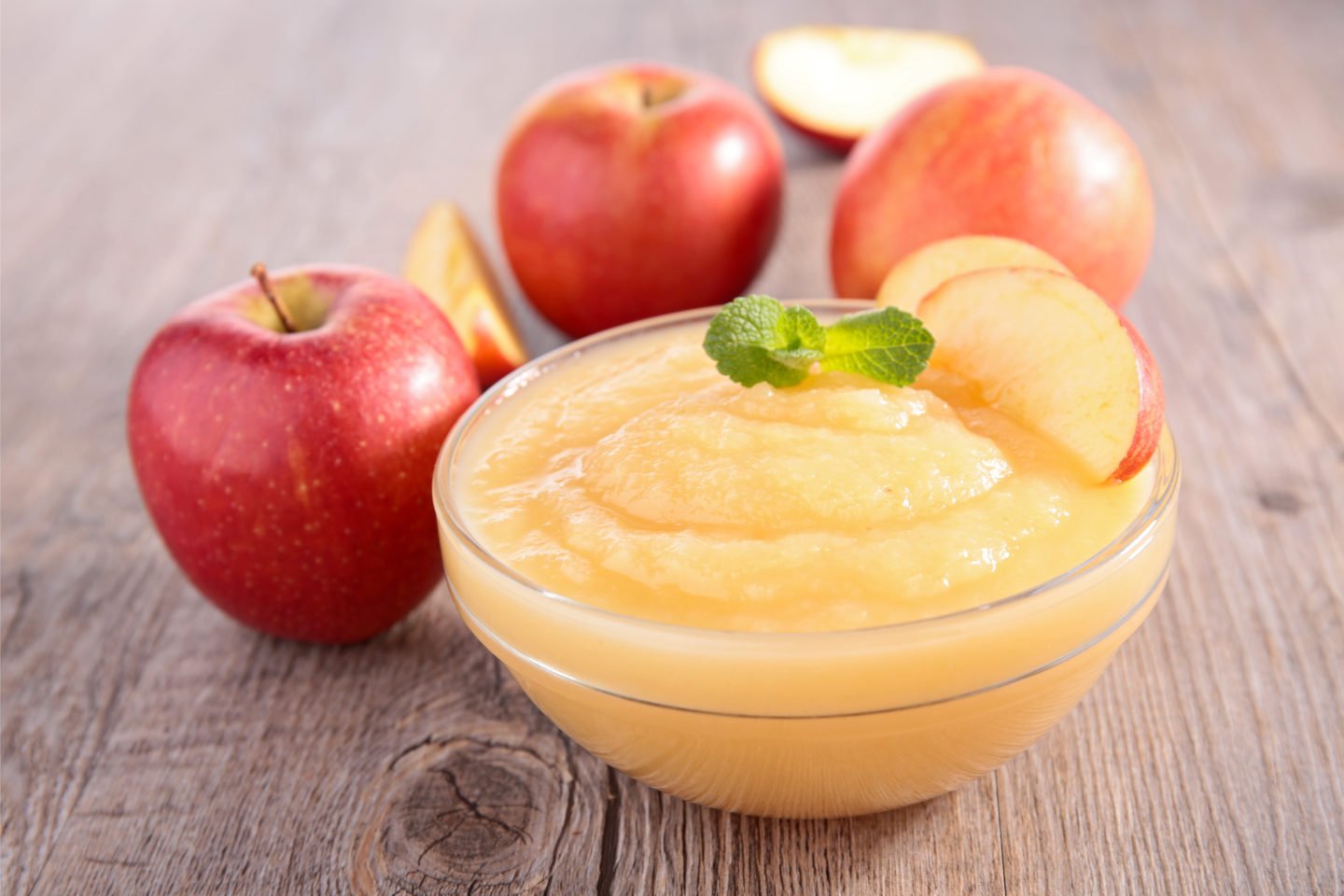
Applesauce is another component that has been used in any baking recipe to give richness and moistness to a cake, primarily in place of eggs or butter. With its ability to provide a well-balanced flavor, you can use applesauce to substitute for butter extract.
You may not get the same flavors as applesauce is more on the sweet and slightly sour taste, but this can ensure a delicious and moist cake and cookies when in a pinch. To substitute, replace each tablespoon of butter extract with half a tablespoon of applesauce.
10) Almond Extract
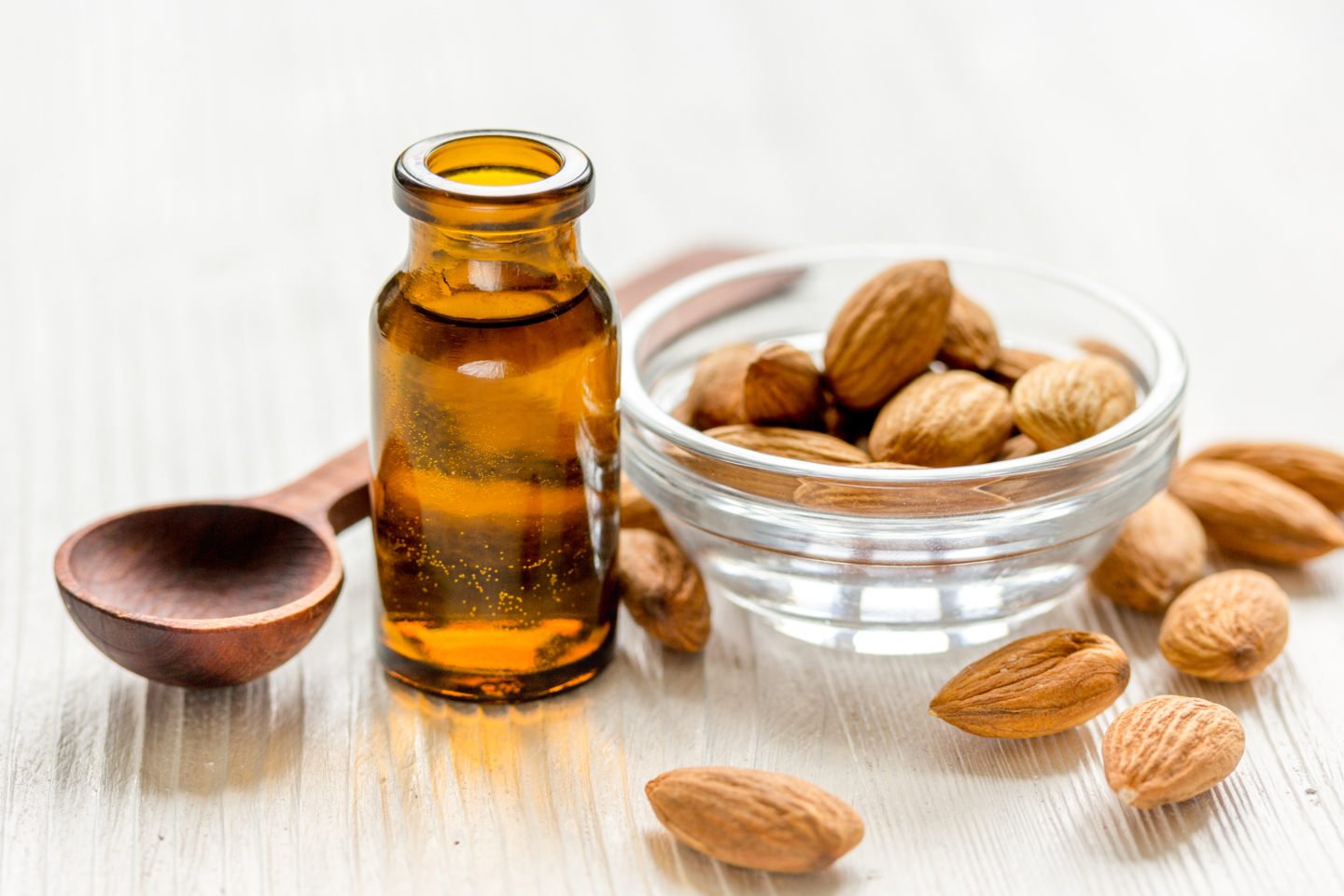
Although almond extract comes with a potent and robust flavor, it is a common ingredient in baking, so you might already have this in your pantry. Unlike almond butter, you can’t expect a strong almond flavor from the extract.
The strong sweet taste goes well with coffee, chocolate, vanilla extract, and berries. If needed, you can also use almond extract as a vanilla extract substitute.
Due to its intense flavors, only use a teaspoon of almond extract for every tablespoon of butter extract required. You can just add an increment of one drop if you desire more.
11) Canola Oil

Canola oil may not be the best substitute for aroma and flavor, but it adds a rich structure that complements other elements in a recipe. Unlike butter, canola oil has lesser saturated fat, making it a healthier alternative. Due to the lack of taste and aroma, you can use canola oil in buttercream frosting, pound cake, various sauce recipes, and doughs.
Since it doesn’t change the taste and aroma, you can use a 1:1 butter extract to canola oil substitution ratio.
12) Ghee
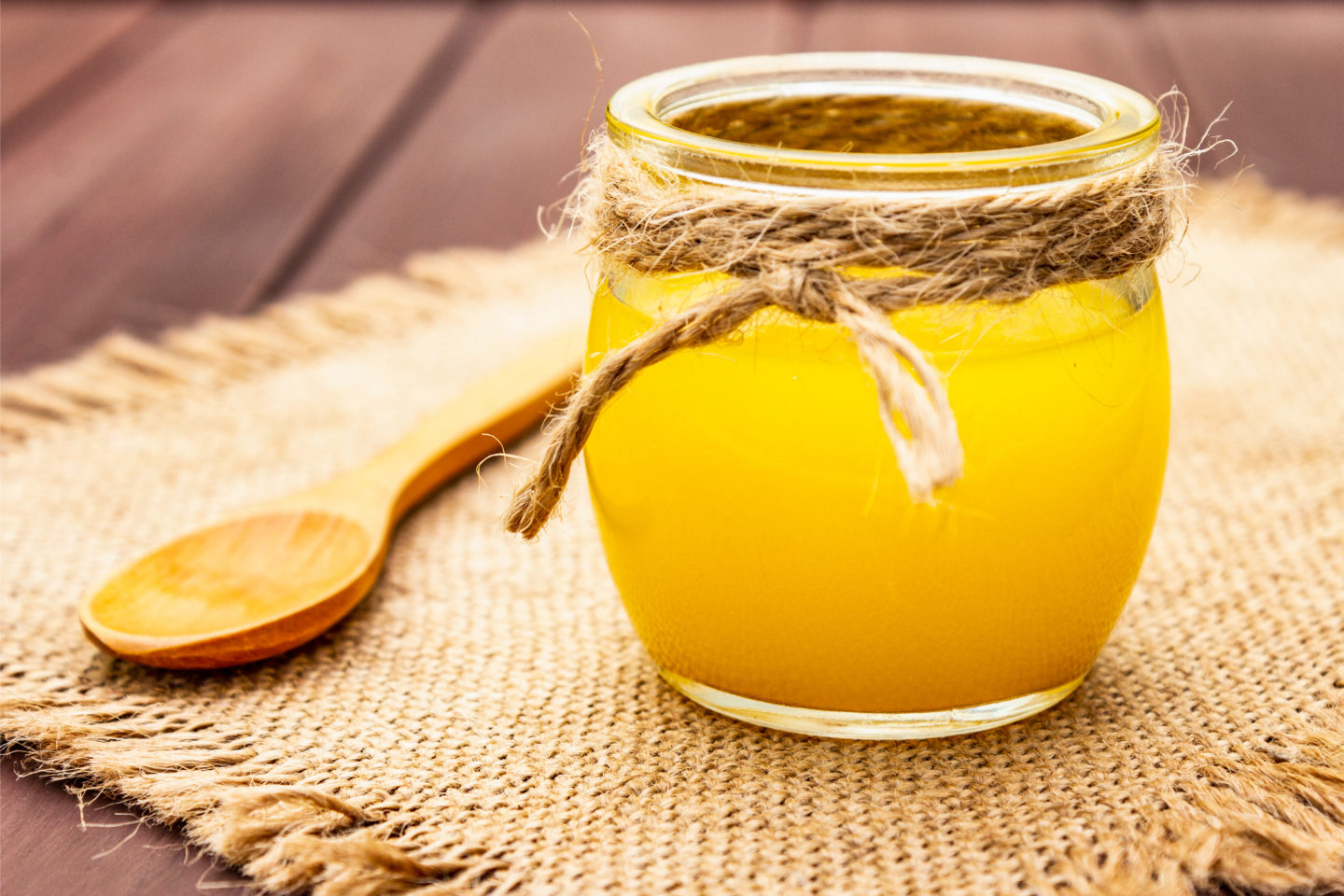
You may have already seen ghee but thought it was butter. Ghee is essentially butter, but it has a different composition. The water part becomes the butter extract during the separation process, while the remaining fat component becomes the ghee. Although they may seem like opposites, you can use them interchangeably in many baking recipes.
The difference between butter and ghee is that ghee possesses that rich, somewhat nutty, and caramelized flavor after the separation process. When used as a substitute for butter extract, you can use a tablespoon of ghee to replace every tablespoon of butter extract.
13) Greek Yogurt
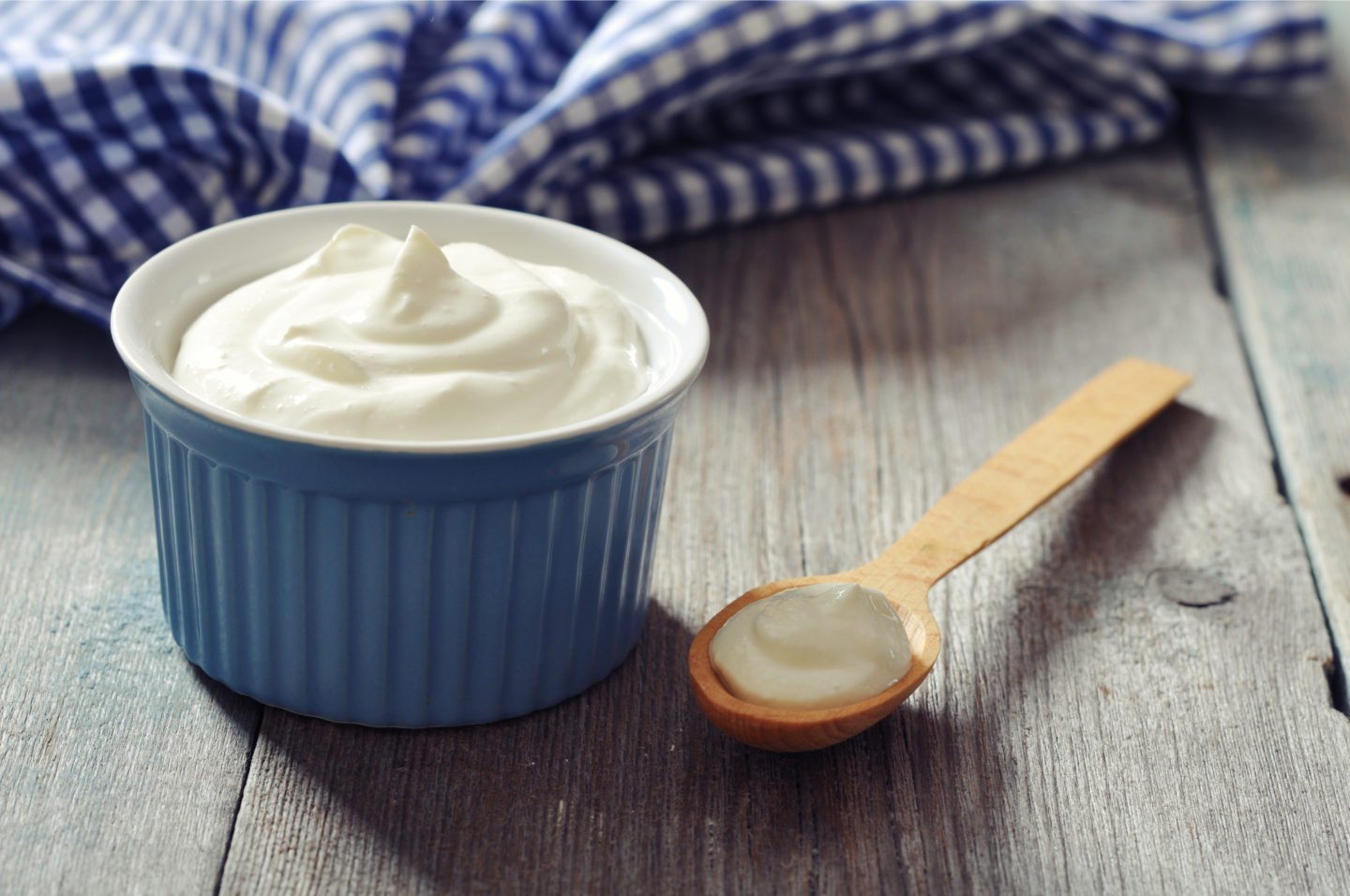
Greek yogurt is another versatile substitute that does not affect the taste and flavors of any recipe, making it an excellent substitute for butter extract in cases where you want other components to be the focus of the flavors. Although it may not be a typical addition, Greek yogurt provides a rich and creamy texture to ice cream, fillings, and buttercream frosting.
You can expect a moist dough when making pound cake and cookies as Greek yogurt traps moisture in the mixture. To use as a substitute, you can replace every tablespoon of butter extract with two tablespoons of Greek yogurt.
14) Sunflower Oil
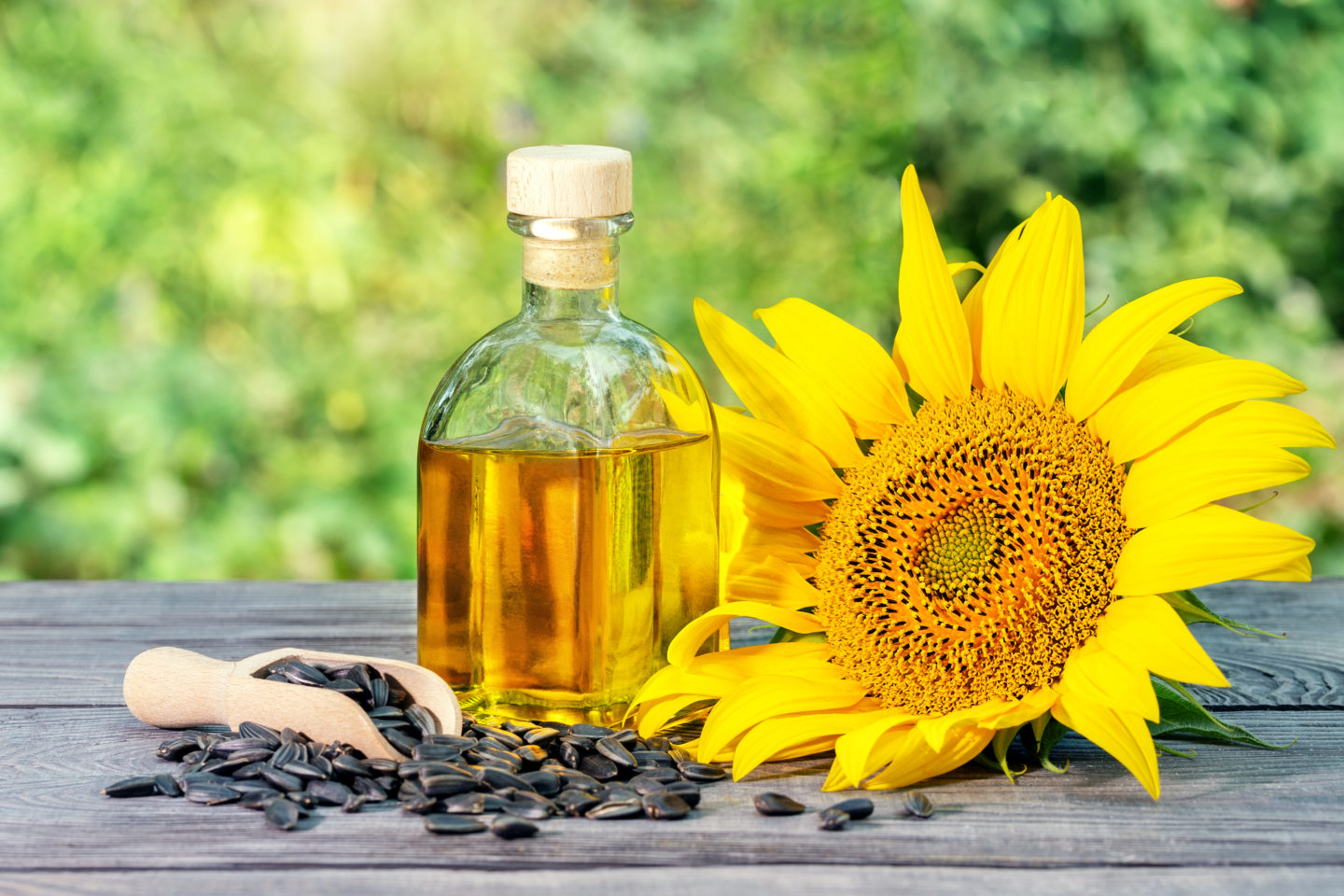
Sunflower oil makes an excellent butter extract substitute like other oils on this list. Although it does not provide a butter flavor, it does have a neutral taste that complements well with other components in a recipe. Sunflower oil gives off a slightly nutty aroma and flavor and adds a rich texture to baked goods.
When used as a substitute, use half a tablespoon of sunflower oil for every tablespoon of butter extract. Sunflower oil is rich in nutrients and healthy fat, so adding more won’t be an issue.
15) Coconut Oil
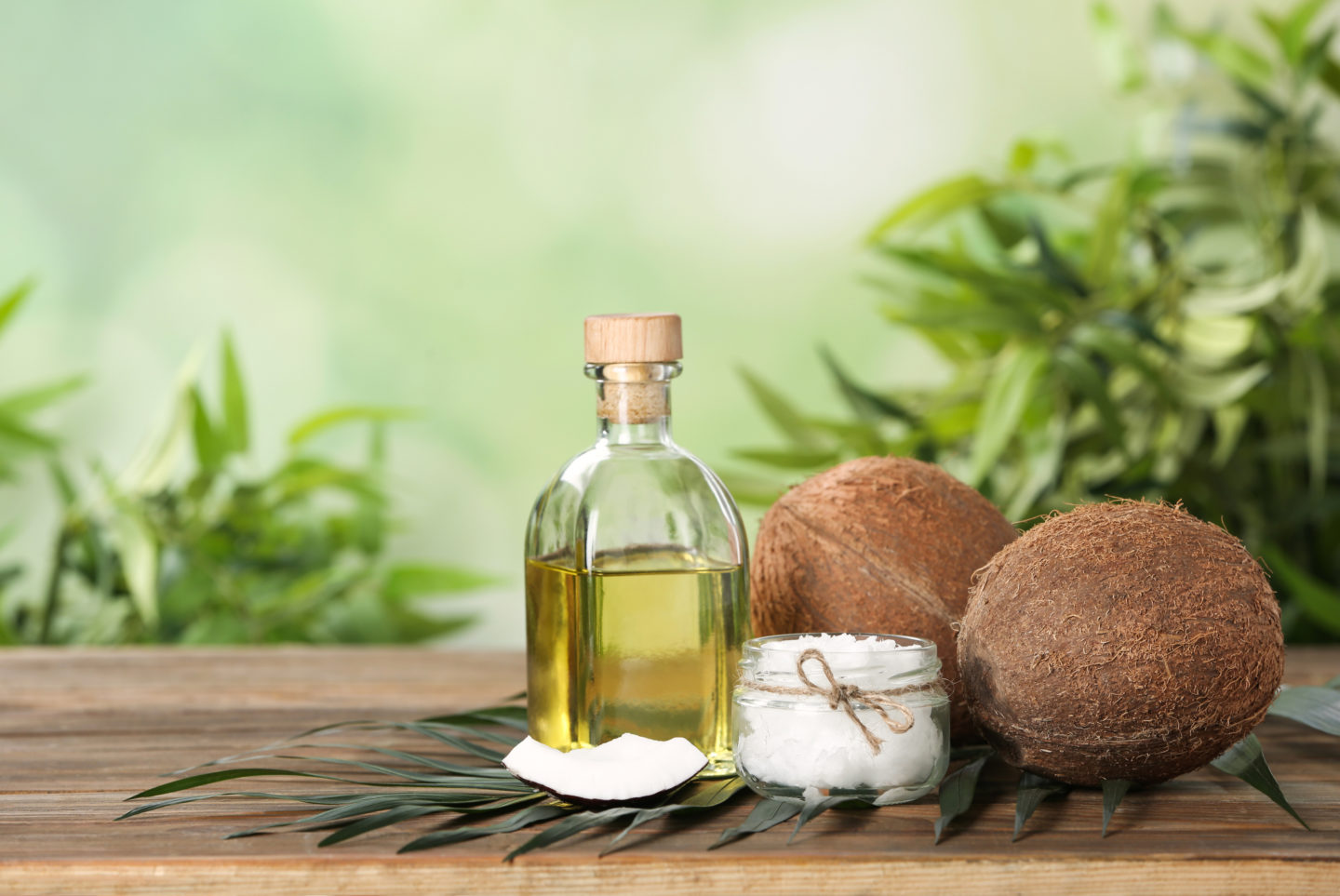
Lastly, coconut oil can be used when in a pinch. Every kitchen has coconut oil; therefore, you’re only a step away from a suitable substitute. Like other oils in this list, coconut oil enriches texture and overall taste without giving an overpowering flavor. Coconut oil comes in handy when making cakes, cookies, doughs, syrup, and other baking recipes.
Like when using canola oil, you can use a 1:1 substitution ratio.
Summary Table
| Substitutes | Notes |
|---|---|
| Butter | Offers the same flavors. Great for those on the keto diet. You can use salted and unsalted butter. |
| Homemade Butter Extract | Made from unsalted butter and water. Easy to prepare and does not contain as much fat as real butter. |
| Vegan Butter | Rich in protein but with lesser fat content. Made from plant milk or oil. Can be used for any recipe. |
| Butter Flavoring | Made by mixing the chemical that provides the buttery flavor and water. Perfect for any recipe. |
| Vanilla Extract | Can be more potent and dominant. Use only a little to avoid an overpowering vanilla taste. |
| Olive Oil | It has a milder flavor than butter extract but offers the same richness and creaminess. |
| Almond Butter | Rich in protein and has a lesser fat percentage than real butter. Provides a nutty flavor. |
| Cashew Butter | Provides a creamier consistency with a neutral taste. Highly versatile; suitable for any baking recipe. |
| Apple Sauce | Offers a sweet and slightly sour flavor. Brings in a lot of moisture and aroma to baked goods. |
| Almond Extract | Offers a strong sweet flavor. Goes well with rich and deep flavors like coffee and chocolate. |
| Canola Oil | A highly versatile oil with healthier fat content. Does not alter the taste and aroma of any recipe. |
| Ghee | The liquid that remains after extract separation. Gives a rich, nutty, caramelized flavor. |
| Greek Yogurt | Another versatile substitute. Offers a rich, creamy texture to desserts and holds moisture in cakes. |
| Sunflower Oil | Complements other components in a recipe. Has a slightly nutty taste and aroma. |
| Coconut Oil | A highly available substitute. Great for every recipe; does not change flavor and taste. |
Related Questions
There are other alternatives for butter extract, although they’re less commonly used. These include caramel, caramel extract, maple syrup, maple extract, vanilla butter or butter vanilla, nut flavorings such as almond flavoring, peanut butter, vanilla bean, and vanilla powder.
Butter extract is processed from butter. Once the liquid part is separated, you will be left with ghee. These three have different characteristics but can often be used interchangeably.
To make imitation butter extract, you can use diacetyl, acetyl propionyl, and acetoin. However, these chemicals are hard to find. You can purchase artificial butter flavor in stores instead.

Leave a Reply